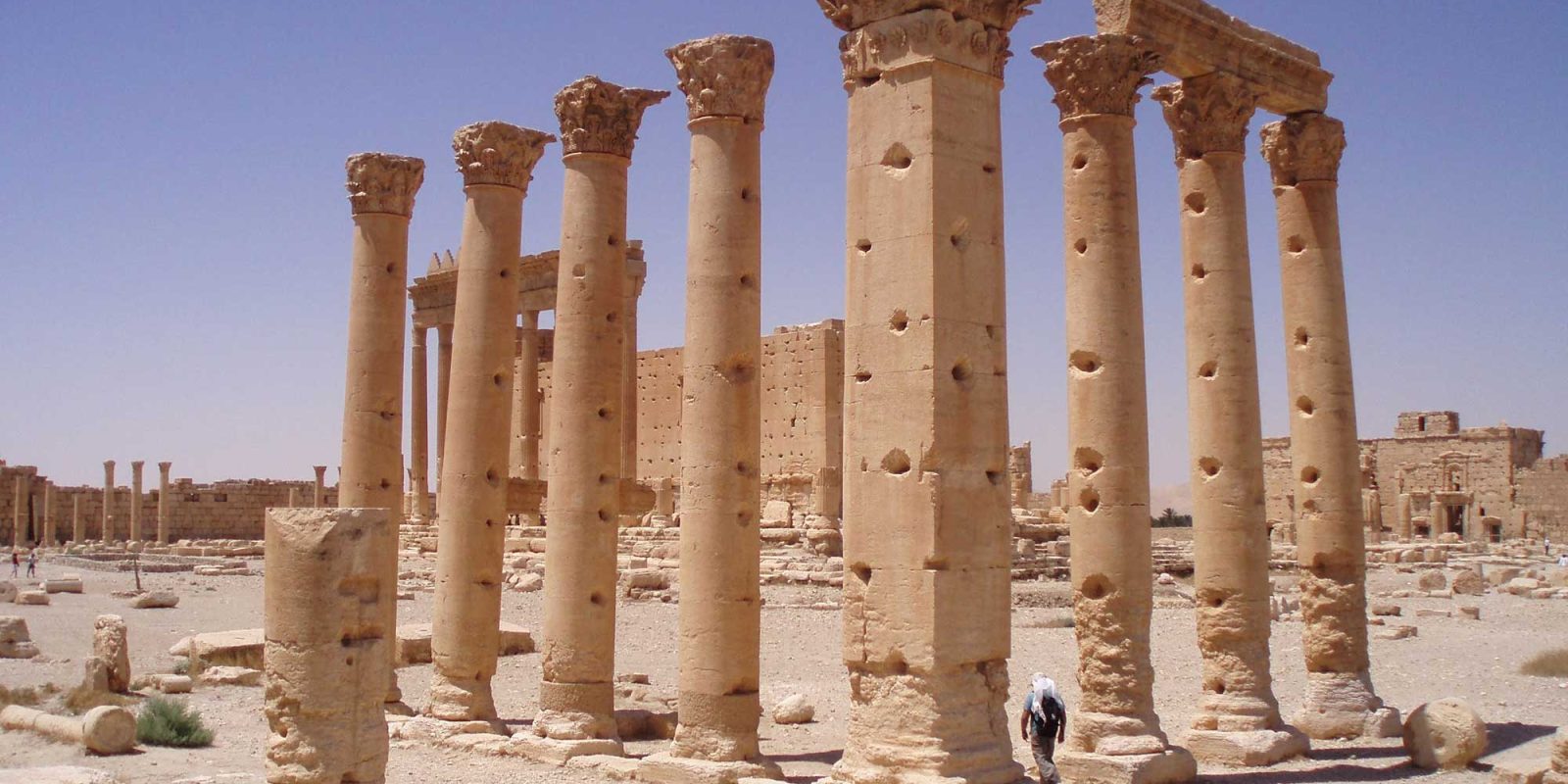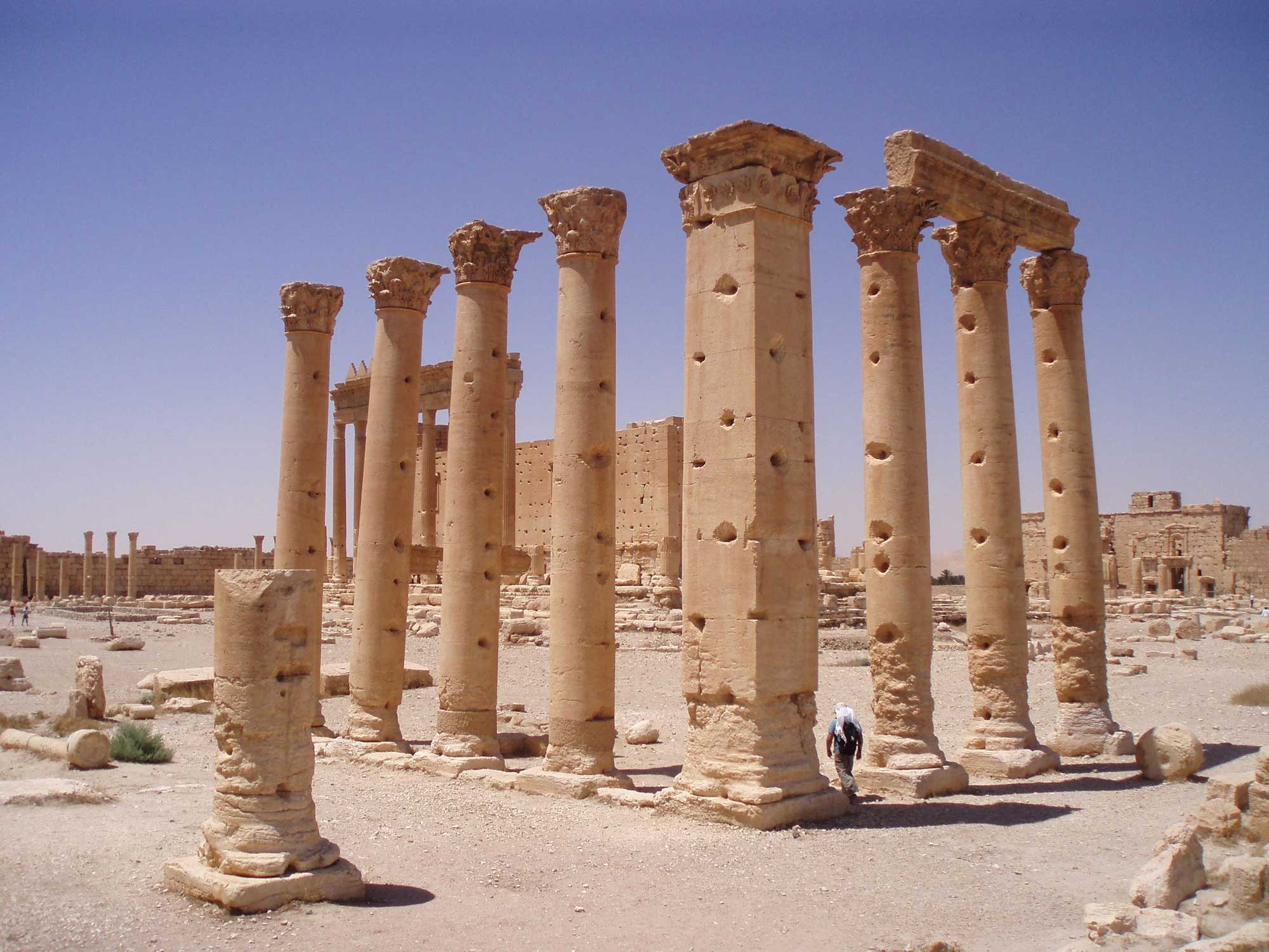The Assyrians, an ethnic minority inheriting a homeland that is more than 6,700 years old, refuse to disappear despite living under the constraints of their Arab and Kurdish neighbors in the lands of Iraq, Syria, Turkey and Iran.
“Assyrians continue to be persecuted today, be it for religious, national or ethnic reasons,” says Robin Betshmuel, a professor and researcher at Salahaddin University (Erbil, Iraq) . “Their identity, which is manifested in a history, a mother tongue and historical lands, traditions, customs and celebrations, personal names and their own titles or uniforms, all of them are signs of an identity in danger,” explains the specialist in Syriac culture.
Although the Assyrian population that continues to populate historic Mesopotamia, especially in northern Iraq, is increasingly small and has been seriously diminished in recent decades, a nationalist movement that emerged at the end of the 19th century is today striving to defend the identity of this people and prevent their assimilation by their neighbors. Convinced that they are heirs to the old Assyrian and Neo-Assyrian Empire, which history considers extinct in the seventh century BC, their goal is to resurrect the Assyrian homeland in the heart of the Middle East. One of its representatives is the Assyrian Democratic Movement, a party founded in 1979. Since 2014, its militia, the Nineveh Plains Protection Units, supported by the United States, has faced the Islamic State (IS) together with the Iraqi Army. .
If there is pride for the Assyrian people today, a fundamental component of their contemporary identity, it is that of their Christianity. A Christianity that has led them to suffer persecution and death in Iraq and Syria and discrimination against Muslims in the region as a whole. “The reality is very difficult for Assyrians in the practice of their religion in countries with an Islamic majority. They are second-class citizens for the authorities and it is impossible for them to lead a Christian public life”, explains Professor Efrem Yildiz.


